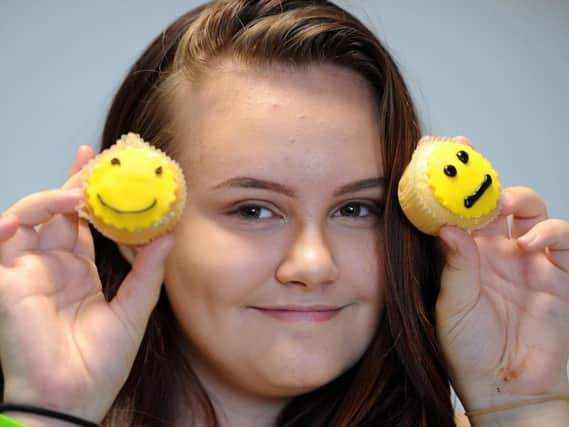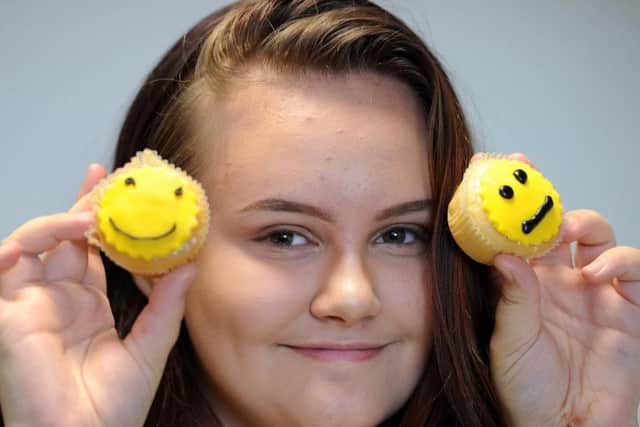School's mental health mission is coming up rosy


That’s when teacher Val Murray knew staff at The Rose School, Burnley, were beating the odds in helping pupils tackle the issue of mental illness.
“In general, mental health in youths is at crisis point,” he said, “and some schools have become an unhealthy place. [Elsewhere] I’ve seen staff crying in cupboards and children who’ve started wetting the bed or losing their hair because of exam pressures.”
Advertisement
Hide AdAdvertisement
Hide AdBut he and his colleagues have vowed their pupils will never fall prisoner to the same fate.


Proving nature is potent medicine, Val’s taken a leaf out of the books of older generations by prescribing doses of the great outdoors. And already he’s witnessed incredible transformations in youths with conditions like ADHD and autism.
“This generation is becoming increasingly disconnected from nature but our pupils’ moods improve when they work outdoors. They become more relaxed and incidents of challenging behaviour are reduced to almost zero.”
As well as undertaking fishing, walking, photography and the Forest School experience, the high school pupils have worked on construction and gardening projects at Brierfield Community Allotments and Ribble Valley’s Gazegill Farm.
Advertisement
Hide AdAdvertisement
Hide Ad“Our pupils often give up on tasks after only a few seconds and are easily frustrated so it’s profound when a staff member comes back smiling and says, ‘you should have seen so-and-so, they tried doing something for an hour and succeeded,” said Val.


Also being ripped down are emotional walls, the teenagers having learnt to trust others and build new friendships.
“It wasn’t easy because the allotment holders were also suspicious of our pupils, who can be loud and boisterous, but they’ve learnt how to respect other people’s need for peace and quiet.”
Prejudice is also being hammered away at. And for Val, there’s no better proof that autistic children can read emotions and form and maintain relationships than their friendship with Brierfield allotment holder, Barry Newton. As he battled terminal lung and bowel cancer in Pendleside Hospice, the teenagers watered his plants, cut his grass and carried out repairs, before his death in July. And they loved nothing more than sitting around a table listening to his stories and life lessons.
Advertisement
Hide AdAdvertisement
Hide AdIt’s a legacy they’re keen to memorialise, having plans to plant a fruit tree in his allotment this winter.
“It’s a perfect tribute,” said Val, “as it’s a symbol of longevity and flowering - very much like the way Barry inspired our children to grow a little more.”
And for Val, there was no more moving a moment than when 14 year-old pupil, George Leach, faced his fear of death to visit Barry at the hospice.
“George hand-wrote a card and gave him flowers. He’s on the autistic spectrum but the wish to visit Barry was completely unprompted and it took a lot out of him. The concept of death is frightening for many autistic children but he was determined to confront his own fears to comfort Barry. It was amazing.”
“That made me think, wow, what we are doing really can, and does, make a difference.”